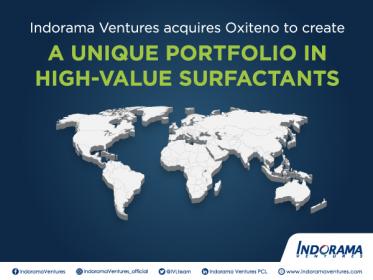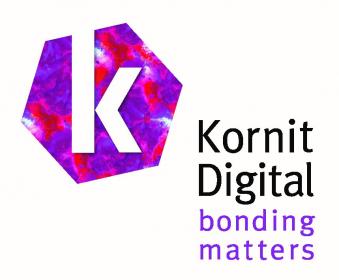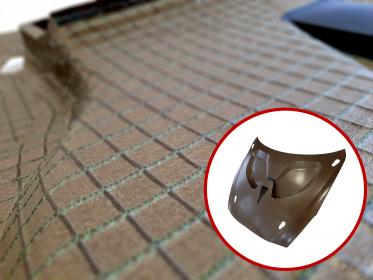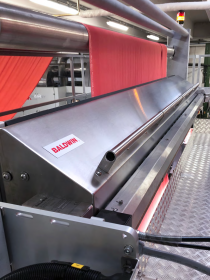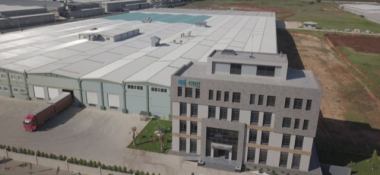Textile Exchange: Preferred Fiber and Materials Market Report 2021 released
- Textile Exchange report shows growth of preferred fiber and materials market needs to be accelerated
- With post-pandemic fiber production increasing, the transition to preferred fibers and materials must be a non-negotiable decision, notes Textile Exchange.
According to a new Textile Exchange report, the market share for preferred fiber and materials grew significantly in 2020. The Preferred Fiber and Materials Market Report 2021 outlines the market for plant fibers such as cotton, hemp, and linen; animal fibers and materials such as wool, mohair, cashmere, alpaca, down, silk, and leather; manmade cellulosics (MMCFs) such as viscose, lyocell, modal, acetate, and cupro; as well as synthetics such as polyester, polyamide, and more.
The report is a unique annual publication about global fiber and materials production, availability, and trends, including those associated with improved social and environmental impacts, referred to as ”preferred.” The comprehensive report includes quantitative data, industry updates, trend analysis and inspiring insights into the work of leading companies and organizations as they create material change.
The results show that between 2019 and 2020 the market share of preferred cotton increased from 24 to 30 percent and recycled polyester from 13.7 to 14.7 percent. Preferred cashmere increased from 0.8 to 7 percent of all cashmere produced while Responsible Mohair Standard certified fiber expanded from 0 to 27 percent of all mohair produced worldwide in its first year of existence in 2020. The market share of FSC and/or PEFC certified MMCFs increased to approximately 55-60 percent. While the market share of recycled MMCFs is only 0.4 percent, it is expected to increase significantly in the following years.
Brands’ increased interest in the use of preferred fibers and materials was also demonstrated by 75 percent increase in the total number of facilities (to 30,000) around the world becoming certified to the organization’s portfolio of standards in 2020. However, the report also notes that despite the increase, preferred fibers only represent less than one-fifth of the global fiber market. Less than 0.5 percent of the global fiber market was from pre- and post-consumer recycled textiles.
Indeed, global fiber production has almost doubled in the last 20 years from 58 million tonnes in 2000 to 109 million tonnes in 2020. While it is not yet clear how the pandemic and other factors will impact future development, global fiber production is expected to increase by another 34 percent to 146 million tonnes in 2030 if the industry builds back business as usual. If this growth continues, it will be increasingly difficult for the industry to meet science-based targets for climate and nature.
Textile Exchange aims to be the driving force for urgent climate action, and its Climate+ strategy calling for the textile industry to reduce greenhouse gas emissions by 45 percent by 2030 compared to a 2019 baseline in the pre-spinning phase of textile fiber and materials production, while also addressing other impact areas interconnected with climate such as water, biodiversity, and soil health.
Textile Exchange







